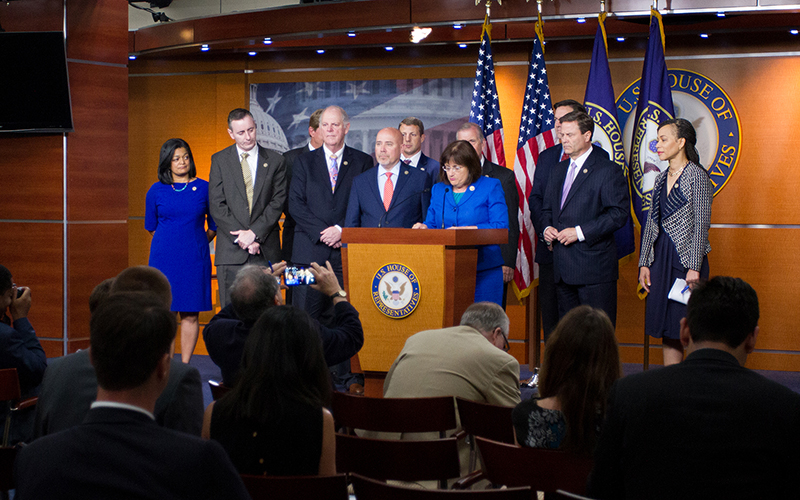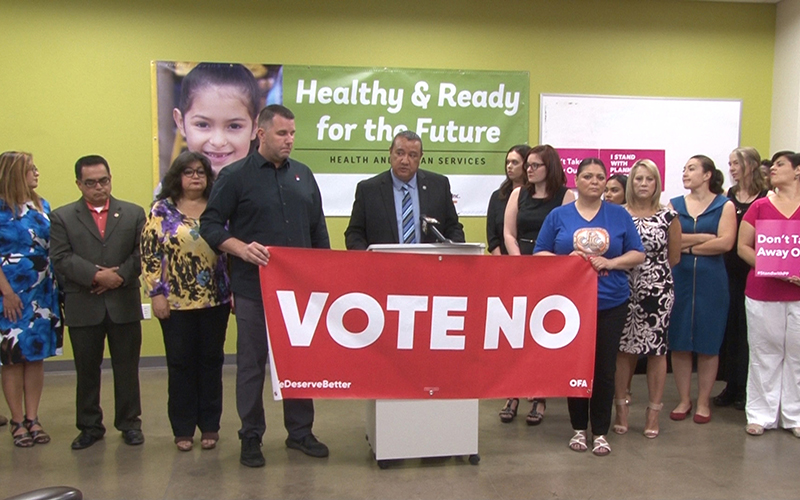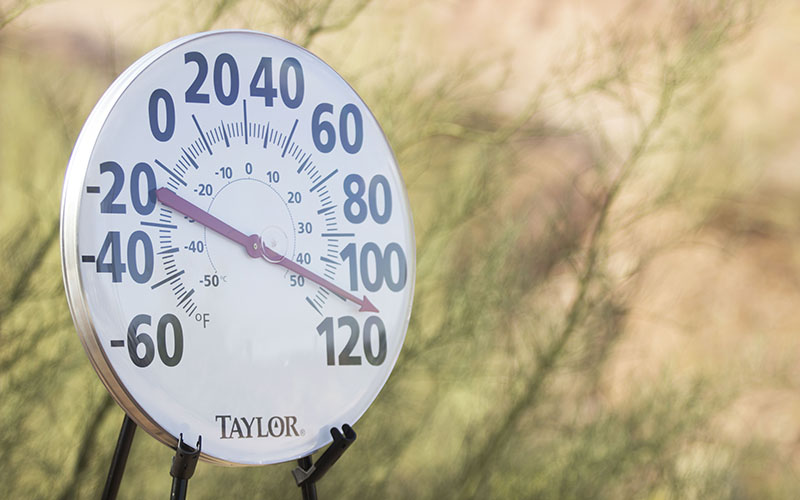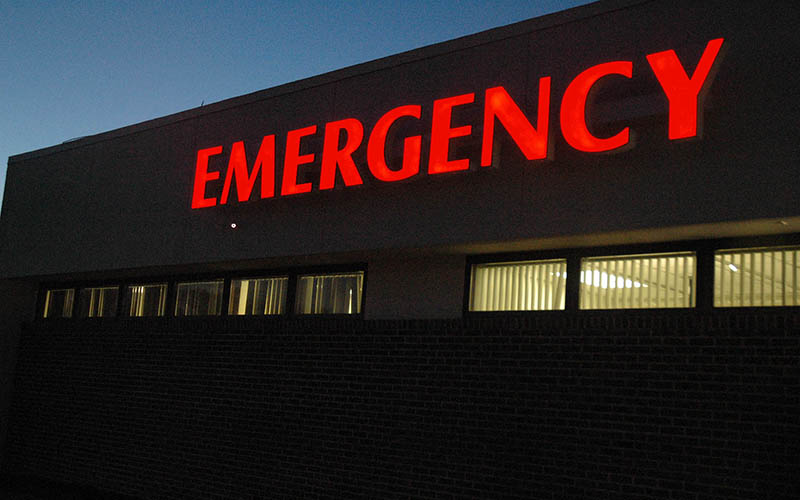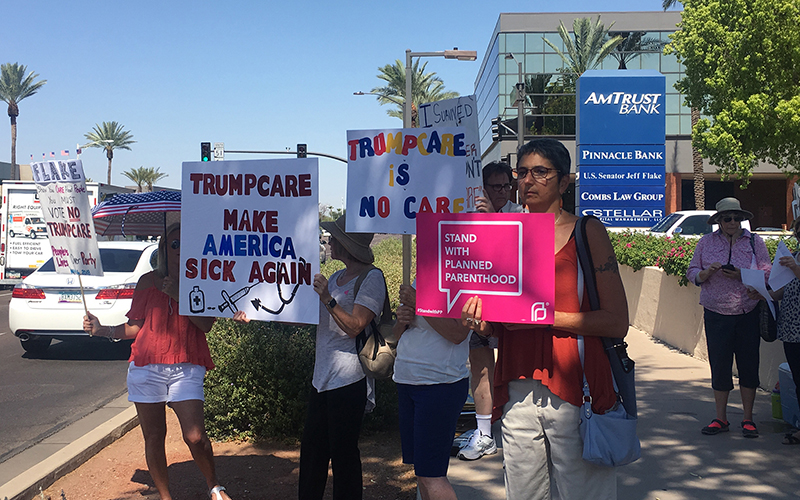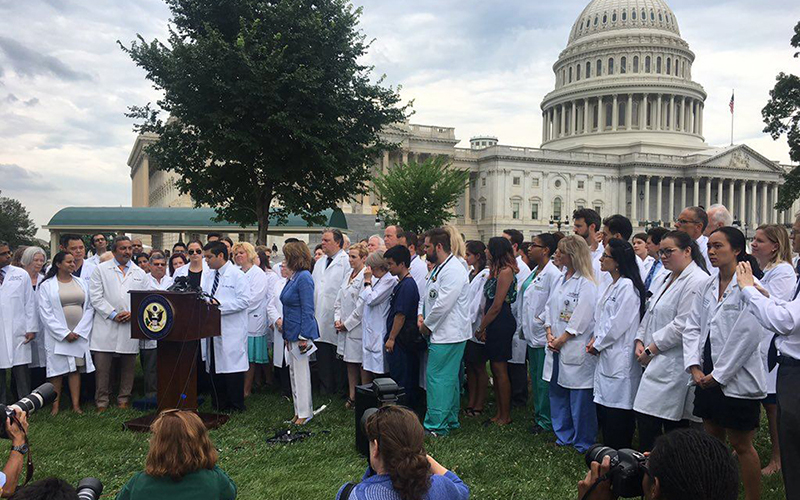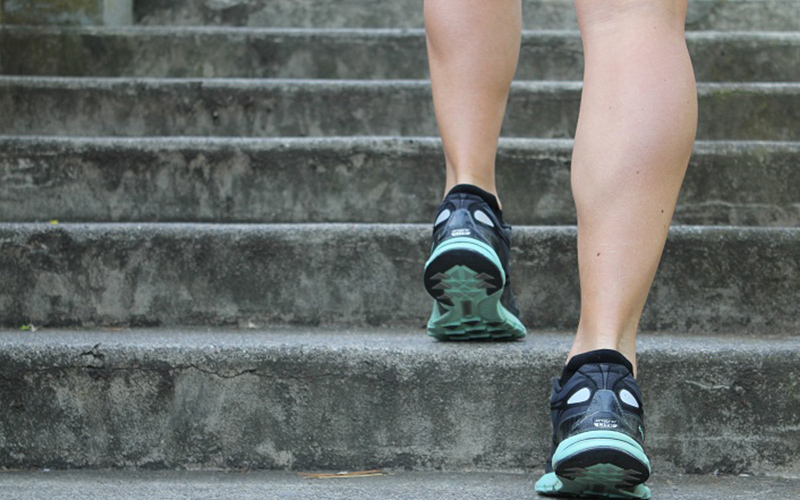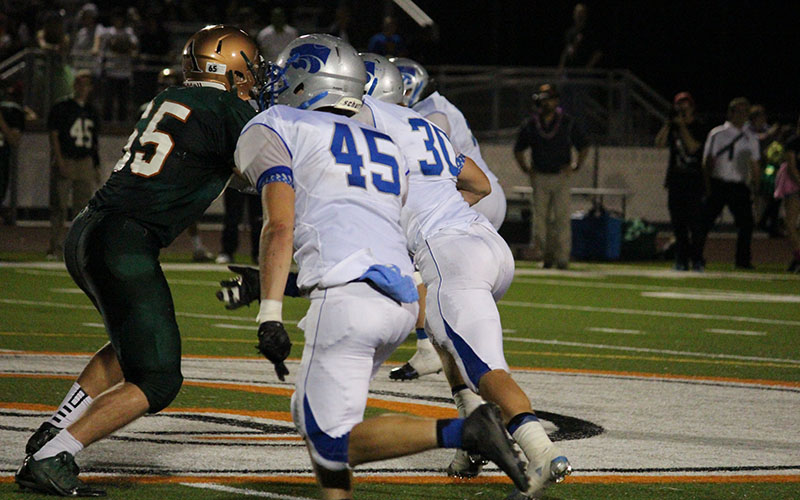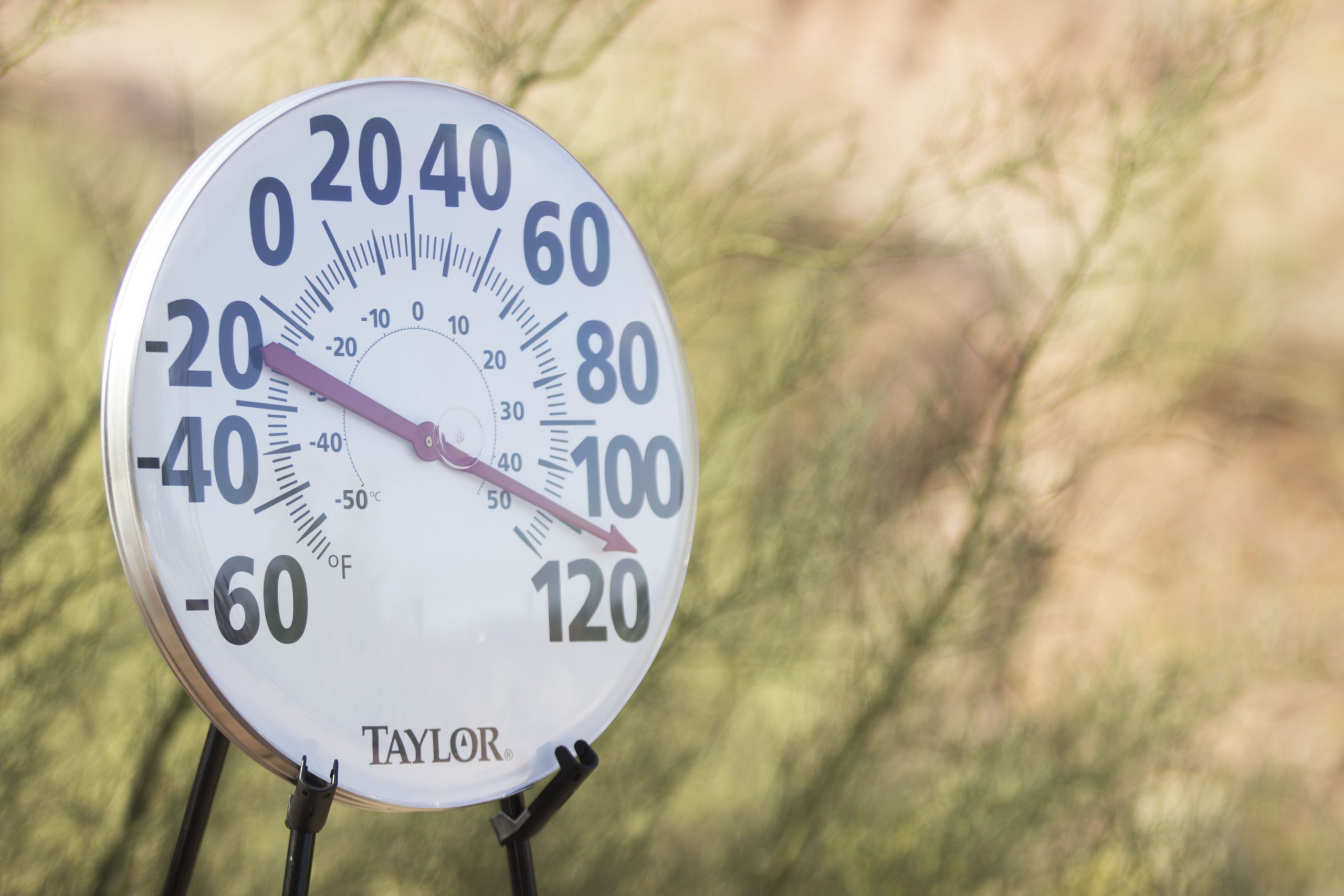Have you suffered a heat-related illness during an athletic activity?
Have you gone to the pool this summer? Maybe you have ventured to your local ice rink to play hockey or skate?
Bipartisan group looks past health reform fight to focus on drug policy
WASHINGTON - A bipartisan group of House members unveiled a raft of proposals Tuesday aimed at combating the nation's drug epidemic, saying they felt compelled to come together on what is not a partisan issue but "an American issue."
Arizona organizations urge Senate to say no to new healthcare bill
PHOENIX – Arizona leaders of an array of organizations, ranging from AARP to Planned Parenthood, joined a chorus opposed to a Senate health care plan to replace the Affordable Care Act.
Do you exercise in the Arizona heat?
The heat in Arizona, specifically the Phoenix area, finds a way to affect everyone.
Experienced a sport injury, but continue to play?
According to Stop Sports Injuries, 40 percent of sports injuries treated in hospitals are attributed to children ages 5 to 14.
CBO: Senate bill cuts deficit deeply, also cuts 22 million from health care
WASHINGTON - The Congressional Budget Office said Monday that Senate Republicans' plan to replace Obamacare would reduce the federal budget deficit faster than a House-passed health care bill, but would cost 22 million people their health coverage.
Protesters urge ‘no’ vote on GOP health care bill, as details emerge
Angry protesters rallied outside Sen. Jeff Flake's Phoenix office Friday, demanding that he vote against a Republican health care bill that new analyses claim could hit Arizona particularly hard.
Arizona reaction to Senate health bill ranges from lukewarm to hostile
WASHINGTON - The Senate Republican plan to replace Obamacare was quickly attacked by Democrats and kept at arm's length by Arizona's Republican senators, who seemed less than eager to comment on a bill few had seen before its release Thursday.
Does exercise impact mental health?
The American Psychological Association cites multiple studies on the impact exercise can have on mental health.
Athletes: What has been your experience with anxiety or depression?
Plenty of notable professional athletes have publicly acknowledged they have or are currently dealing with anxiety or depression, including Pittsburgh Steelers legendary quarterback Terry Bradshaw and Arizona Diamondbacks pitcher Zack Greinke.
Extreme temperatures don’t slow Arizona hikers
SCOTTSDALE- July 10, 1913, is widely regarded as the hottest day recorded in the United States. On Tuesday, temperatures in Phoenix reached 119, only 15 degrees lower than that scorching day in Death Valley, California.
Tell us your experience with wrong-way driving
Gov. Doug Ducey intends to use thermal camera technology along freeways and increase public awareness regarding wrong-way driving in Arizona.

